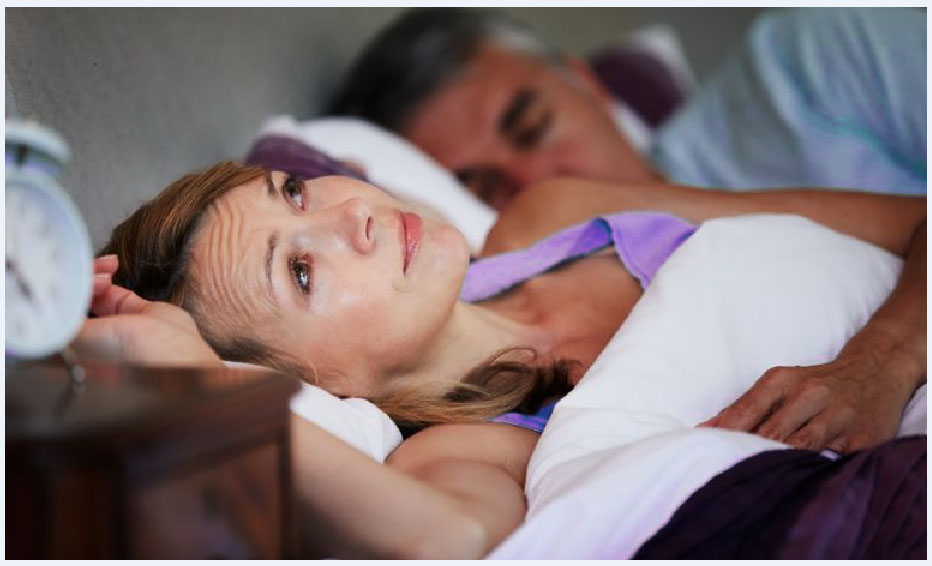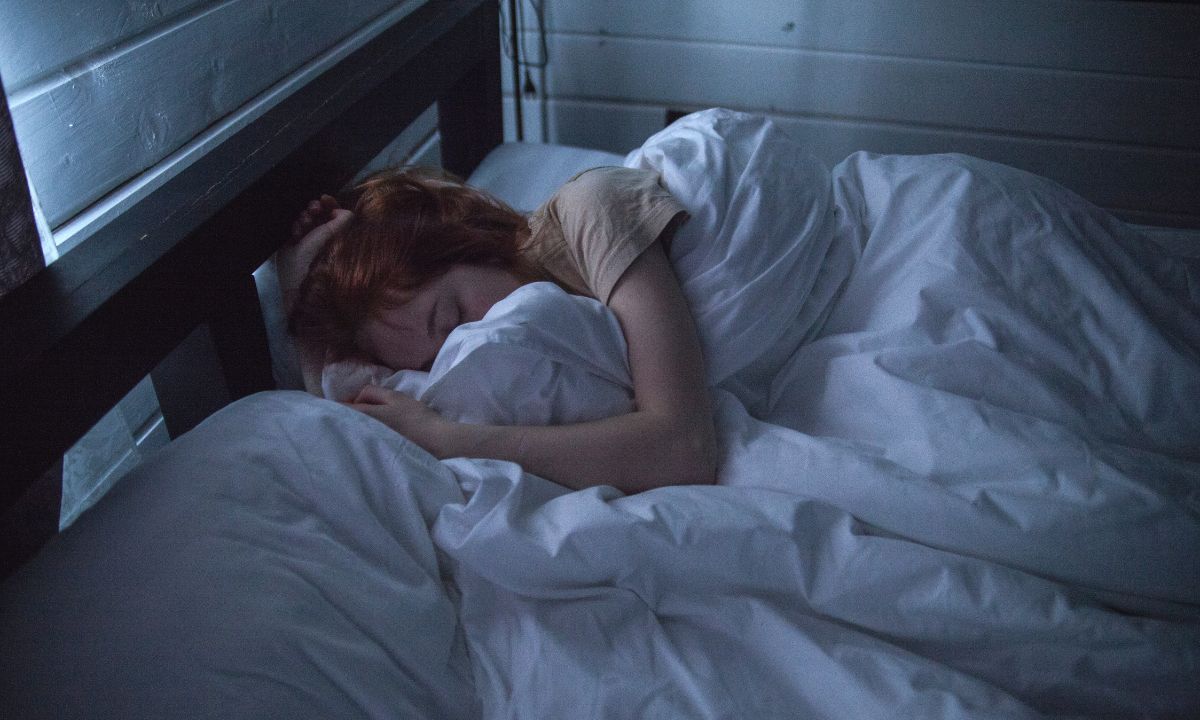When I moved in with my ex-partner, my sleep suffered. Easygoing by nature, my ex had a seemingly supernatural ability to fall asleep wherever and whenever.
I, on the other hand, have an anxiety disorder and have struggled with sleep my entire life. I now take medication that helps tremendously, but at the time I felt hopeless. Between his snoring, my anxiety, our differing sleep habits and an Ikea mattress that felt like it was designed by the devil incarnate, I rarely got a good night’s sleep. As a result, I was frequently exhausted and frustrated with my partner.
Read : Can’t Sleep, Try Sex For Uninterrupted Sleep
“Sleep or a lack thereof impacts just about every aspect of our performance and functioning,” said Terry Cralle, a registered nurse and certified clinical sleep educator with the Better Sleep Council.
When we don’t get the sleep we need, it impacts our mood, decision-making, judgment, metabolism and libido (among many other things), which in turn affects our relationships.
Read : 7 Reasons your marriage is doomed for failure
“Often, we don’t realize how having consistently poor sleep can create an elevation in our emotional baseline, meaning we are more susceptible to stress, and stress often results in poor behavioural responses. And who do you think gets the brunt of those poor behavioural responses? You guessed it — your spouse!” said Alissa Martinez, a therapist specializing in anxiety, self-esteem and relationships.
Read : Sexercise: Exercise to Improve Your Healthy Sex Life
Getting a good night’s sleep is the foundation of a healthy relationship. However, for many people this is easier said than done — especially if you are misaligned when it comes to sleep habits and challenges.
The answer: Sleep divorce.
“Sleep divorce is just another way to label sleeping separately from your spouse. In essence, you are divorcing from the concept of sleeping in the same room,” said Martinez.
And it’s more common than you think. A 2013 Toronto Metropolitan University study found that between 30-40% of couples sleep separately — and for good reason.
Read : Why more men suffer from erectile dysfunction after divorce
While it may sound counterintuitive, sleeping apart from one’s partner can improve your relationship.
“One of the main benefits is increased sleep quality and duration. When couples are sleeping in separate beds or rooms, they don’t have to worry about the other person’s movements or noises disrupting their own sleep cycle. This can help both people get a better night’s rest, which can lead to improved overall health and well-being,” said Candace Kotkin-de Carvalho, a licensed social worker and clinical director at Absolute Awakenings.
For many couples, Kotkin-de Carvalho said, sleeping separately promotes a sense of individualism and autonomy, which allows them to preserve their identity within the relationship.
Read : Effects Of Sleep Deprivation On Students
“Couples can also use the time apart to reconnect with themselves, which can lead to a stronger connection between them when they’re together,” she said. In some cases, it can even bring a couple back to the excitement they experienced when they were first dating; prompting the question, “Your bed or mine?”
If you find that you sleep better when you don’t share a bed and are considering a sleep divorce — or even a temporary trial separation — be thoughtful when broaching the subject with your partner. Martinez said to “start by focusing on how your sleep-related issues have made you feel and the ways in which it has impacted your daily functioning. In addition, be very mindful of any desire to judge, blame or criticize your partner for their role in your sleep issues.”
As with any relationship decision, Kotkin-de Carvalho said, both partners need to discuss the pros and cons of their situation and exchange their feelings on sleeping separately.
Read : Ladies, Sleep-Up Your Sex Life
“This can help to ensure that both people are on the same page and comfortable with the arrangement,” she said.
It’s also important to consider how it may affect your intimacy as a couple.
“Where sleeping separately may ignite natural feelings of intimacy throughout the day, others may allow it to fall by the wayside,” said Martinez.
To preserve intimacy, she encouraged couples to be intentional.
“Consider adding in morning or nighttime rituals to connect with one another. For example, you might watch a show or movie together (feel free to insert closeness and touch here), communicate about your day or cook and eat dinner together,” she said.
Lastly, Cralle reminded us that there is no right or wrong. If you sleep better with your partner — do so. If you sleep better apart — do so.
“Contrary to popular belief, sleeping apart and good relationships are not mutually exclusive,” said Cralle.
“When couples are sleeping in separate beds or rooms, they don’t have to worry about the other person’s movements or noises disrupting their own sleep cycle. This can help both people get a better night’s rest, which can lead to improved overall health and well-being.”
Candace Kotkin-de Carvalho, clinical director at Absolute Awakenings




